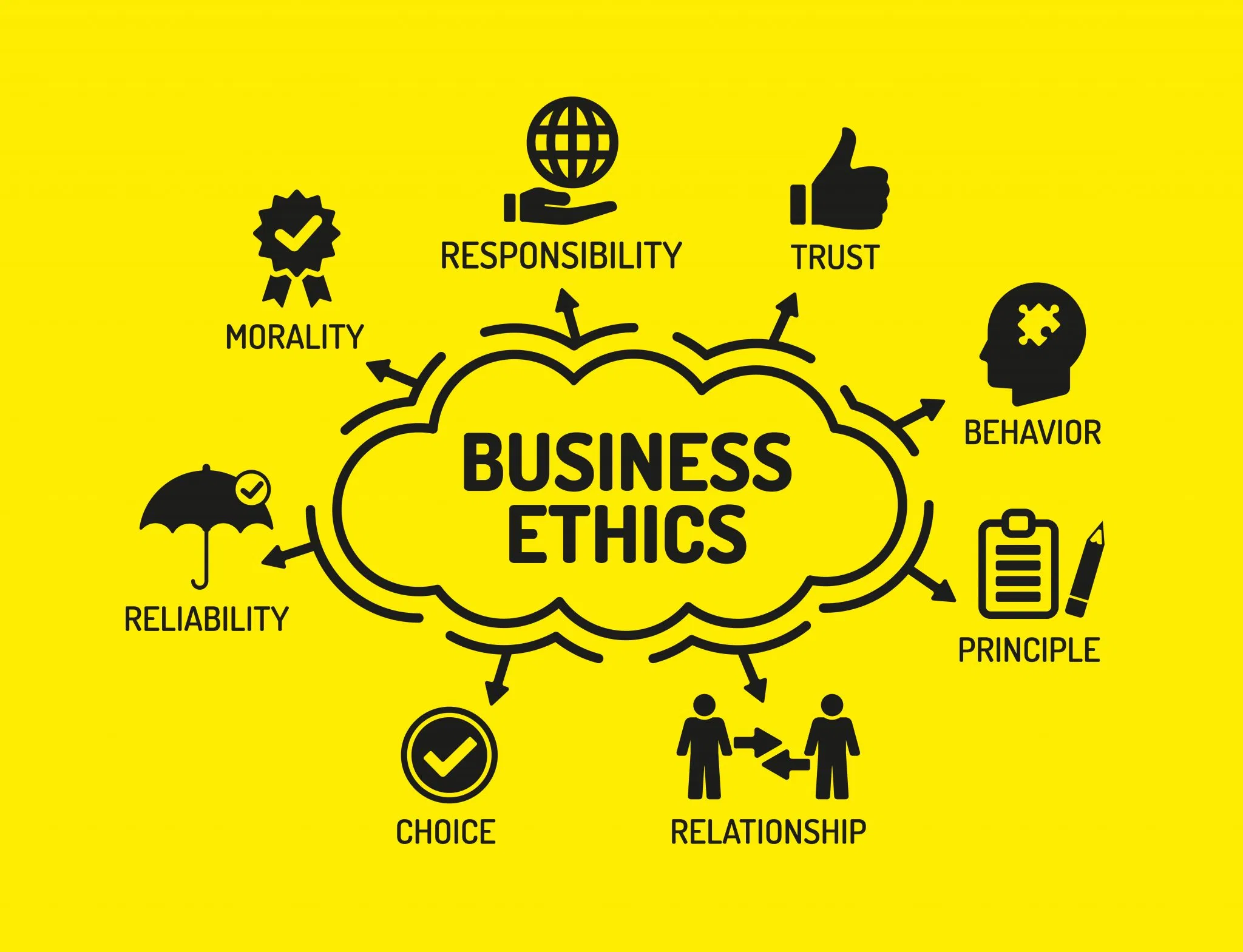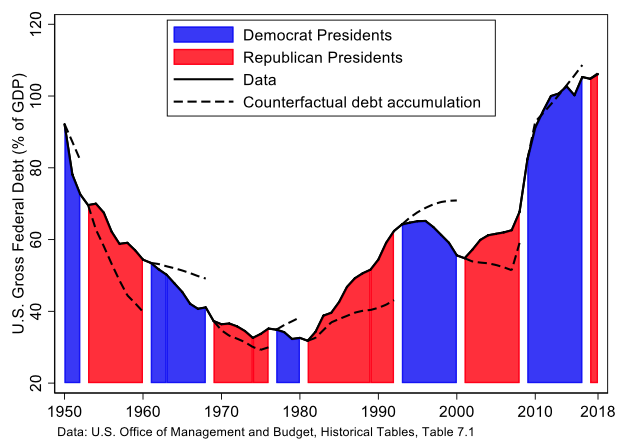
Business Ethics: Strategies for Better Decision-Making
In today’s complex and rapidly evolving business landscape, business ethics play a crucial role in shaping corporate culture and guiding ethical decision-making. As leaders navigate the gray areas in ethics, they are faced with intricate dilemmas that challenge their values and the accountability they hold towards their stakeholders. Renowned business ethicist Joseph Badaracco emphasizes the importance of a structured approach in developing effective business decision strategies that prioritize ethics alongside profitability. By examining the nuances of ethical challenges, executives can transcend the simplistic right-and-wrong paradigm and embrace a more reflective and art-like approach to decision-making. Understanding these principles not only enhances corporate integrity but also fosters a more sustainable business environment that resonates with consumers and investors alike.
Within the realms of contemporary commerce, corporate morality has emerged as a pivotal concern influencing executive choices and organizational behavior. This discipline addresses the intricate balance between legal obligations and moral imperatives, compelling leaders to confront dilemmas where right and wrong are not easily discernible. Through the lens of ethical leadership, stakeholders reassess their obligations and responsibilities amidst growing scrutiny from society and regulatory bodies. Joseph Badaracco’s insights shed light on the evolving landscape of ethical responsibility, urging business leaders to explore strategies that align profit motives with principled governance. As these themes intertwine, the significance of responsible decision-making deepens, highlighting the intricate web of influences that come into play within the corporate sphere.
Understanding Business Ethics Today
Business ethics have evolved significantly over the past three decades, adapting to the shifting landscapes of technology, globalization, and social responsibility. In earlier times, ethical education primarily focused on moral philosophy, laying the groundwork for decision-making frameworks. However, as Joseph Badaracco highlights, contemporary business ethics necessitate a more nuanced, situational approach that considers the complexities of modern dilemmas. Instead of simply applying philosophical concepts, current teachings demand that decision-makers navigate through intricate circumstances to identify what is right and practical in a given scenario.
This shift reflects a broader societal change in how companies perceive their roles within the fabric of the community. Organizations are increasingly acknowledging their responsibilities not only to shareholders but also to a myriad of stakeholders, including employees, customers, and the environment. This interconnectedness intensifies the ethical challenges faced by today’s leaders, requiring them to account for diverse perspectives and potential implications when making business decisions. Consequently, understanding business ethics today involves grappling with these complexities and adopting strategies that ensure ethical behavior remains at the forefront of organizational agendas.
The Landscape of Ethical Decision-Making
Ethical decision-making in business often occurs within gray areas where the lines between right and wrong are not clearly defined. This ambiguity can lead to challenging scenarios where personal biases, organizational pressures, and the desire for success intertwine. As Badaracco points out, navigating these gray areas demands a high level of introspection and reflection to discern what constitutes responsible decision-making. Leaders must cultivate an awareness of their biases and engage in transparent discussions with colleagues to address complex issues thoughtfully and rigorously.
Moreover, understanding ethical decision-making requires recognizing that it is not merely about reaching a conclusion but rather the process undertaken to arrive at that conclusion. Engaging with diverse viewpoints, considering potential outcomes, and reflecting on personal values are crucial components of this process. By emphasizing a reflective approach to decision-making, organizations can better equip their leaders to handle the challenges of ethical dilemmas, thereby fostering a culture of accountability that prioritizes both ethical integrity and organizational success.
Gray Areas in Ethics and Their Implications
In today’s business environment, ethical decision-making frequently occurs in gray areas—points where obligations conflict and uncertainty reigns. This is particularly evident in scenarios involving emerging technologies, where ethical implications may not be immediately apparent. The challenge lies in delineating one’s responsibilities amidst these complexities. Badaracco argues that recognizing the distinctions between black-and-white ethical issues and those that reside in the gray can significantly influence decision-making outcomes. Leaders must engage deeply with the circumstances at hand to ascertain not only what is legal but what is right.
Furthermore, executives operating in gray areas must be vigilant against the pitfalls of cognitive biases that can distort their judgments. Leaning on the insights of others, creating diverse teams for deliberation, and remaining committed to ethical principles are essential steps in navigating these challenging decisions. The importance of transparency and humility in acknowledging the limitations of one’s perspective cannot be overstated. By embracing a culture of openness and dialogue, organizations can better manage the risks associated with gray-area decision-making and mitigate the chances of unethical outcomes.
Joseph Badaracco’s Insights on Ethical Leadership
Joseph Badaracco’s decades of teaching and research on business ethics provide invaluable insights into the nature of ethical leadership. He emphasizes that modern leaders must not only be aware of ethical standards but must also embody them through their decision-making processes. According to Badaracco, ethical decision-making is less about strict adherence to rules and more about understanding the context and consequences of one’s choices. This perspective invites leaders to delve beyond mere compliance, fostering a deeper commitment to ethical principles in their organizations.
Moreover, Badaracco highlights the role of self-reflection in ethical leadership. He suggests that successful decision-makers often engage in reflective practices that enable them to assess their values and the impact of their decisions. This practice not only aids in clarifying personal responsibilities but also enhances the overall ethical climate within organizations. By prioritizing ethical reflection and promoting a culture of accountability, leaders can inspire their teams to approach challenges with both integrity and insight, leading to better outcomes for all stakeholders involved.
Navigating Executive Accountability and Ethics
In an ever-complex business environment, executive accountability has become a pivotal aspect of business ethics. Leaders today face heightened scrutiny from stakeholders who expect transparency and integrity in their decision-making. Badaracco’s insights reiterate the importance of accountability, asserting that executives must be prepared to take ownership of their choices, particularly in scenarios where ethical lapses may lead to severe consequences. This level of accountability not only builds trust but also reinforces the essential role of ethics in fostering sustainable business practices.
Furthermore, executive accountability extends beyond legal obligations to encompass moral responsibilities towards stakeholders. Careful consideration of stakeholder interests during decision-making processes can prevent costly missteps and enhance a company’s reputation. Executives are tasked with striking a delicate balance between pursuing profits and upholding ethical standards, making their accountability not just a matter of compliance, but a cornerstone of effective leadership. By embracing accountability, organizations can create a positive ethical culture that thrives on mutual respect and trust between leaders and their teams.
The Importance of Reflection in Decision-Making
Reflection plays a crucial role in ethical decision-making, as it allows leaders to step back and analyze the complexities of their choices. Badaracco emphasizes that reflection can take various forms, from informal conversations with trusted colleagues to more structured practices like meditation or journaling. Engaging in reflection enables decision-makers to clarify their values, weigh competing priorities, and derive insights that can guide them through ambiguous situations. This process is particularly vital in the face of ethical dilemmas, which often require a careful balance between competing interests.
Incorporating reflective practices into the decision-making process can significantly enhance the quality of ethical judgments. When leaders allocate time for reflection, they are more equipped to approach decisions holistically, recognizing the perspectives of various stakeholders and the potential ramifications of their actions. Ultimately, enabling a culture of reflection within organizations fosters an environment where ethical considerations are prioritized and deepens the commitment to responsible decision-making in all aspects of business.
Building an Ethical Organizational Culture
Creating an ethical culture within an organization necessitates a proactive approach towards integrating ethical principles into daily operations. As highlighted by Badaracco, this involves not only establishing codes of conduct but also encouraging open dialogues about ethics throughout the organization. Leaders must model ethical behavior and empower their teams to raise concerns without fear of retaliation. By cultivating such an environment, organizations can reinforce the importance of ethics in every aspect of their operations, creating a shared commitment among all employees.
Additionally, training and development programs that focus on ethical decision-making can significantly contribute to building an organization’s ethical culture. By equipping employees with the tools to navigate complex ethical dilemmas, organizations can foster a sense of responsibility towards ethical behavior. Such training should highlight real-life scenarios and promote discussion around ethical challenges and gray areas, empowering employees to make informed decisions while aligning with the organization’s values.
Legal Implications of Ethical Decision-Making
The intersection of ethics and legality presents a significant concern for business leaders, especially in light of recent high-profile cases that have put ethics at the forefront of public scrutiny. As demonstrated by the cases of Bankman-Fried and Holmes, ethical transgressions can lead to severe legal consequences, highlighting the importance of aligning ethical decision-making with compliance. Badaracco insists that understanding the legal framework surrounding business practices is essential for leaders, as it provides a foundation upon which ethical decisions can be made.
However, legality does not always equate to ethicality; decisions may be legally permissible yet ethically questionable. Therefore, leaders must be vigilant in ensuring that their choices not only adhere to the law but also reflect the organization’s ethical standards. Building a robust compliance program that addresses both legal obligations and ethical principles can help mitigate risks associated with illicit behaviors and reinforce the culture of integrity within the organization.
The Future of Business Ethics in a Changing World
As the business landscape continues to evolve rapidly, the future of business ethics appears increasingly complex and layered. With the advent of new technologies like AI and the growing emphasis on social responsibility, leaders must remain adaptable in their ethical decision-making processes. Badaracco suggests that understanding the ethical implications of these advancements is vital for ensuring that organizations operate responsibly and sustainably in an interconnected world.
Moreover, as businesses become more enmeshed in global affairs and stakeholder expectations shift, cultivating a flexible approach to business ethics will be crucial. Leaders must anticipate the ethical challenges that may arise from emergent trends and engage proactively with various stakeholders to foster discussions around ethical practices. By embracing change and prioritizing ethical considerations, organizations can navigate the complexities of the future while remaining accountable and committed to their core values.
Frequently Asked Questions
What are the key principles of ethical decision-making in business?
Ethical decision-making in business revolves around integrity, accountability, and respect for stakeholders. Key principles include identifying the ethical implications of a decision, understanding the impact on all parties involved, and weighing legal obligations against moral responsibilities. Exploring frameworks such as utilitarianism and deontology can help guide managers through complex ethical dilemmas.
How do gray areas in ethics complicate business decisions?
Gray areas in ethics arise when the right course of action isn’t clear-cut, often due to conflicting obligations or uncertainties. In these situations, business leaders must engage in careful deliberation to assess the implications of their choices and consider stakeholder perspectives. This complexity requires a strong ethical framework and openness to discussing differing viewpoints.
What business decision strategies can help navigate ethical dilemmas?
Effective business decision strategies for navigating ethical dilemmas include implementing comprehensive ethical training programs, fostering a culture of open dialogue, and utilizing decision-making frameworks that emphasize ethical considerations. Encouraging teams to collaborate and share perspectives can also illuminate potential biases and lead to more balanced outcomes.
Who is Joseph Badaracco and what is his contribution to business ethics?
Joseph Badaracco is the John Shad Professor of Business Ethics at Harvard Business School, recognized for his contributions to the study and teaching of business ethics. He has emphasized the importance of context in ethical decision-making and has developed models that assist leaders in navigating the increasingly complex ethical landscapes of modern business.
How can executives ensure executive accountability in ethical decision-making?
To ensure executive accountability in ethical decision-making, leaders should establish transparent processes for decision-making, hold regular reviews of ethical policies, and create channels for reporting ethical concerns without fear of retaliation. Implementing a code of conduct and providing training can further reinforce a culture of accountability within the organization.
What role does reflection play in ethical decision-making for business leaders?
Reflection is crucial in ethical decision-making as it allows leaders to assess their values, responsibilities, and the potential impact of their decisions. Taking time to contemplate personal biases, stakeholder needs, and the larger context of a decision helps in developing a well-rounded approach. Techniques such as journaling or discussions with trusted peers can enhance clarity and confidence in ethical judgments.
How can cognitive biases affect ethical decision-making in business?
Cognitive biases can distort ethical decision-making by leading individuals to favor self-serving outcomes or overlook important ethical considerations. Biases may cause decision-makers to dismiss contrary opinions or hesitate to confront uncomfortable truths. Acknowledging these biases and seeking diverse perspectives are essential strategies to mitigate their influence.
What can business leaders learn from historical cases of unethical behavior?
Business leaders can learn valuable lessons from historical cases of unethical behavior, such as the importance of ethical culture and the consequences of ignoring ethical standards. Analyzing these cases helps identify red flags and encourages proactive measures to foster an ethical environment. Moreover, they underscore the need for transparency and accountability in leadership.
How do technological advancements challenge business ethics?
Technological advancements, such as AI and automation, present new ethical challenges by raising questions about privacy, job displacement, and data security. Business leaders must navigate these challenges by integrating ethical considerations into their technology strategies and developing robust policies that prioritize responsible innovation.
What strategies promote ethical decision-making in fast-paced business environments?
In fast-paced business environments, strategies to promote ethical decision-making include establishing clear ethical guidelines, fostering a supportive culture that encourages ethical dialogue, and implementing quick-reference ethical frameworks. Providing ongoing ethics training and highlighting case studies can also help employees make informed decisions in high-pressure situations.
| Key Points | Details |
|---|---|
| Changing Nature of Business Ethics | Business ethics has evolved from applied moral philosophy to a more nuanced understanding of practical and ethical perspectives based on specific situations. |
| Increasing Complexity of Ethical Issues | Executives today face more convoluted dilemmas due to increased stakeholder engagement and the impact of global technologies like AI. |
| Spectrum of Ethical Judgment | Ethical decisions are often gray areas and resemble artistic judgment rather than clear-cut questions of right and wrong. |
| Cognitive Biases in Decision Making | Decision-makers need to be aware of cognitive biases and should collaborate with others to mitigate self-serving judgments in complex scenarios. |
| Importance of Reflection | Leaders utilize various forms of reflection to gain clarity in decision-making, focusing on what truly matters and their core responsibilities. |
Summary
Business ethics plays a crucial role in navigating the complexities of modern decision-making in corporate environments. As the landscape shifts and expands with international relations and technological advancements, understanding ethical implications is more important than ever. Today’s leaders must approach ethical dilemmas with a mix of analytical thinking and personal reflection, enabling them to discern the nuances of gray-area decisions. By fostering open discussions and mindful strategies, businesses can cultivate a culture of ethical awareness that supports sound decision-making.


